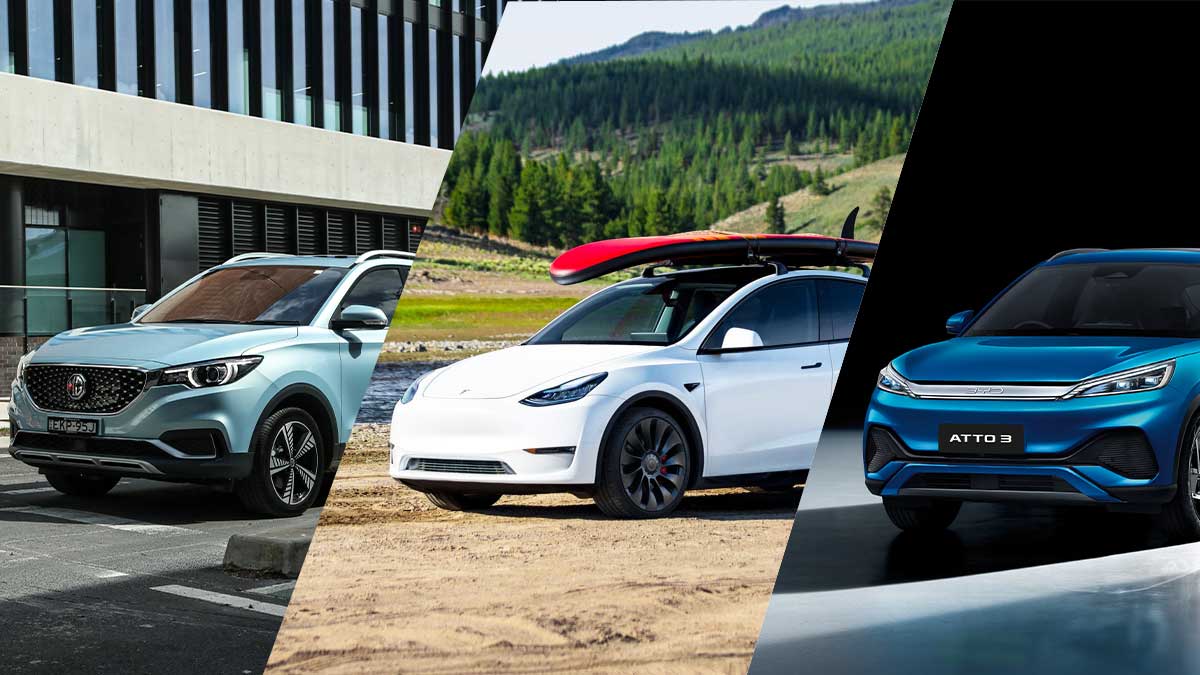Tesla and BYD are still racing one another for pole position in the worldwide electric car market, a study has found, but some popular brands are falling further behind their lead.
The International Council on Clean Transportation released the findings on Thursday in a report that analysed electric car plans and offerings from 21 of the world’s largest vehicle brands.
While researchers found some manufacturers made significant progress towards low-emission transport over the past year, including Mercedes-Benz and MG, others had fallen down the rankings, including Mazda, Honda and Nissan.
The report comes weeks after the Senate passed Australia’s fuel-efficiency standard into law, which is expected to encourage automakers to launch more low-emission models in the country from next year.
The ICCT’s Global Automaker Rating 2023 report assessed the electric vehicle credentials of 21 popular vehicle brands based on their strategic vision, market dominance and technology performance.
It found Tesla and BYD again led the world in electric vehicle plans, but the US car maker extended its lead due to a high sales volume while BYD dropped slightly as almost half of its sales were plug-in hybrid vehicles that also relied on petrol.
BMW ranked third in the list, while Mercedes-Benz rose into fourth place, receiving praise for its efforts to recycle and repurpose batteries, and SAIC, best known for its MG brand, slotted into fifth spot for its growing sales and performance from electric cars.
Brands based in Japan and India scored the lowest among the car makers analysed, with Suzuki still in last place on the list, Mazda second last, and Nissan dropping to fill the third last spot.
All of the companies dubbed “laggards” in the study, except for Suzuki, increased their electric vehicle sales during the year, though many lost points based on the range of low-emission vehicles they offered or their high energy consumption.
ICCT chief program officer Stephanie Searle said the rankings were an important indicator of progress in the transport market and almost all passenger vehicles would need to be zero-emission models by 2035 to keep global warning below two degrees.
“Automakers that are slow to invest in the advanced technology that regulations are designed to promote may soon find themselves outpaced by competitors who more wisely bet on the future,” she said.
The report found transport regulations in Europe, the UK, US, and Canada were expected to boost electric vehicle sales “over the coming years” and EV sales had increased by 40 per cent worldwide between 2022 and 2023.
Australia registered larger growth, with new electric vehicle sales rising by 161 per cent during 2023, though from a lower base than many countries.
The federal government will introduce a New Vehicle Efficiency Standard in January next year, however, that will set emissions limits on vehicle brands for passenger cars as well as large and commercial vehicles.
AAP

